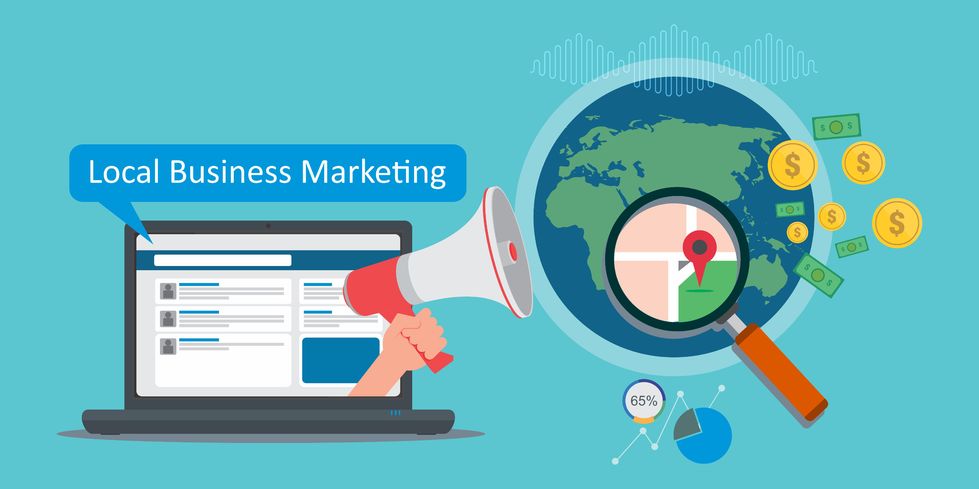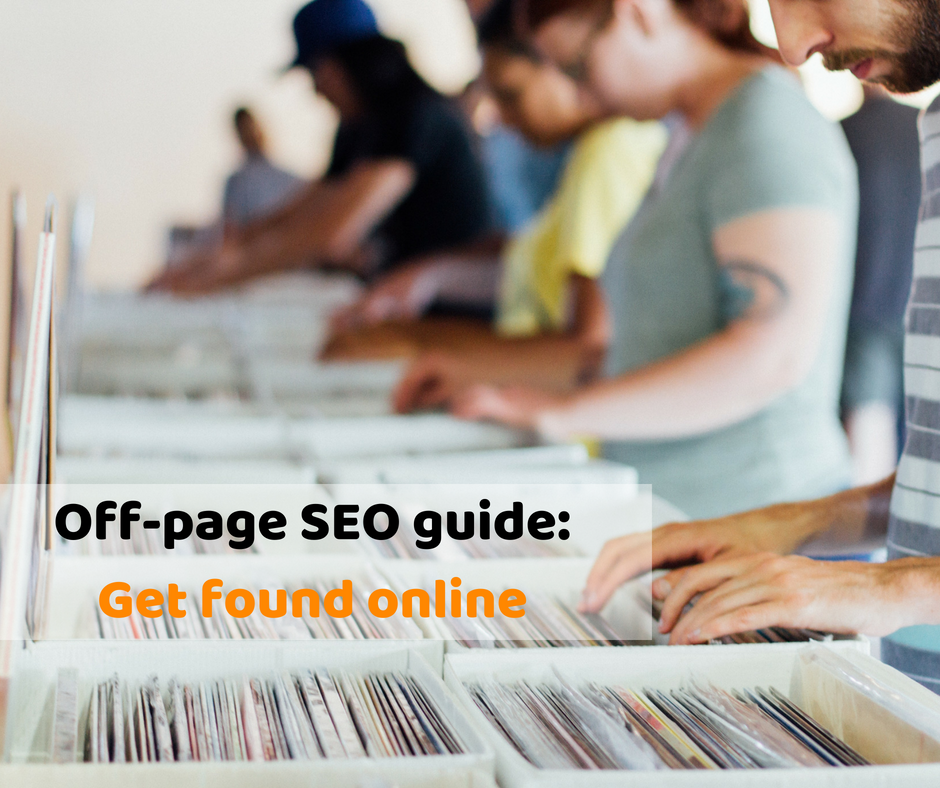Off-page SEO activities refer to activities outside the boundaries of your website that build its authority on the subject and help it rank better on search engines. Here are some ways you can build off-page SEO effectively.
What you’re trying to do with off-page SEO is building the relevance, trustworthiness, and authority of your website.
Building backlinks lies at the heart of your off-page SEO efforts. If you have a lot of valuable sites pointing to your web pages, search engines take that as an indication that you have valuable content and you deserve to be ranked higher.

When building backlinks, remember, quality matters as much – if not more – than quantity. Here are a few things search engines factor in ranking when it comes to backlinks:
- The linking site’s popularity and how relevant is it to your site
- Domain authority and trustworthiness of the linking site
- Anchor text (literally the text that links to your website) and its relevance to the linked page
Now that you understand what sort of backlinks you need, let’s see how you can acquire them.
- Create content that people want to read and talk about. Authentic and good content really is your trump card to successful SEO.
- Reach out to influencers; if it’s worth sharing, get in touch with influencers such as travel bloggers and media to share your story.
- Contribute a guest author on quality blogs.
- Participate in discussions on travel forums such as TripAdvisor, Fodors, etc.
- Blog directory submissions; constantly updating a directory to build backlinks. Be mindful of link-building tactics via directories (even forums) that lend towards black hat SEO (spam-looking links).
- Article, image, documents, infographics, and video submission to high-ranking websites and shared content portals.
- Participation in Q&A sites such as Quora, blurtit.com, etc.
In addition to the above, off-page SEO looks into social bookmarking, a practice that is not as popular as it used to be. This includes going to sites such as reddit.com, stumbleupon.com, and scoop.it to promote your content.
The extent of social media links as a direct ranking factor is hotly debated. However, high sharing of content on social channels indicates its popularity. Besides, the more it gets shared on these channels, the more it is likely to get traffic to your site – the end goal of all your efforts.

Local SEO plays an important part of your off-page strategy as an accommodation provider. This includes website localization (providing location-based content), citation building (eg. Online business directories), and claiming your Google My Business listing and optimizing it.
On-page vs. off-page SEO
As a general rule, on-page refers to anything happening on your website, under your direct control, which contributes to your SERP rankings. Off-page covers anything happening outside your own website, including a number of factors that may be somewhat beyond your direct control.

Off-page SEO is perhaps more challenging than on-page as you are reliant on platforms other than yours. However, it is absolutely crucial to building online visibility. What are you doing to improve your off-page SEO efforts? Email us on marketing@staah.com.
